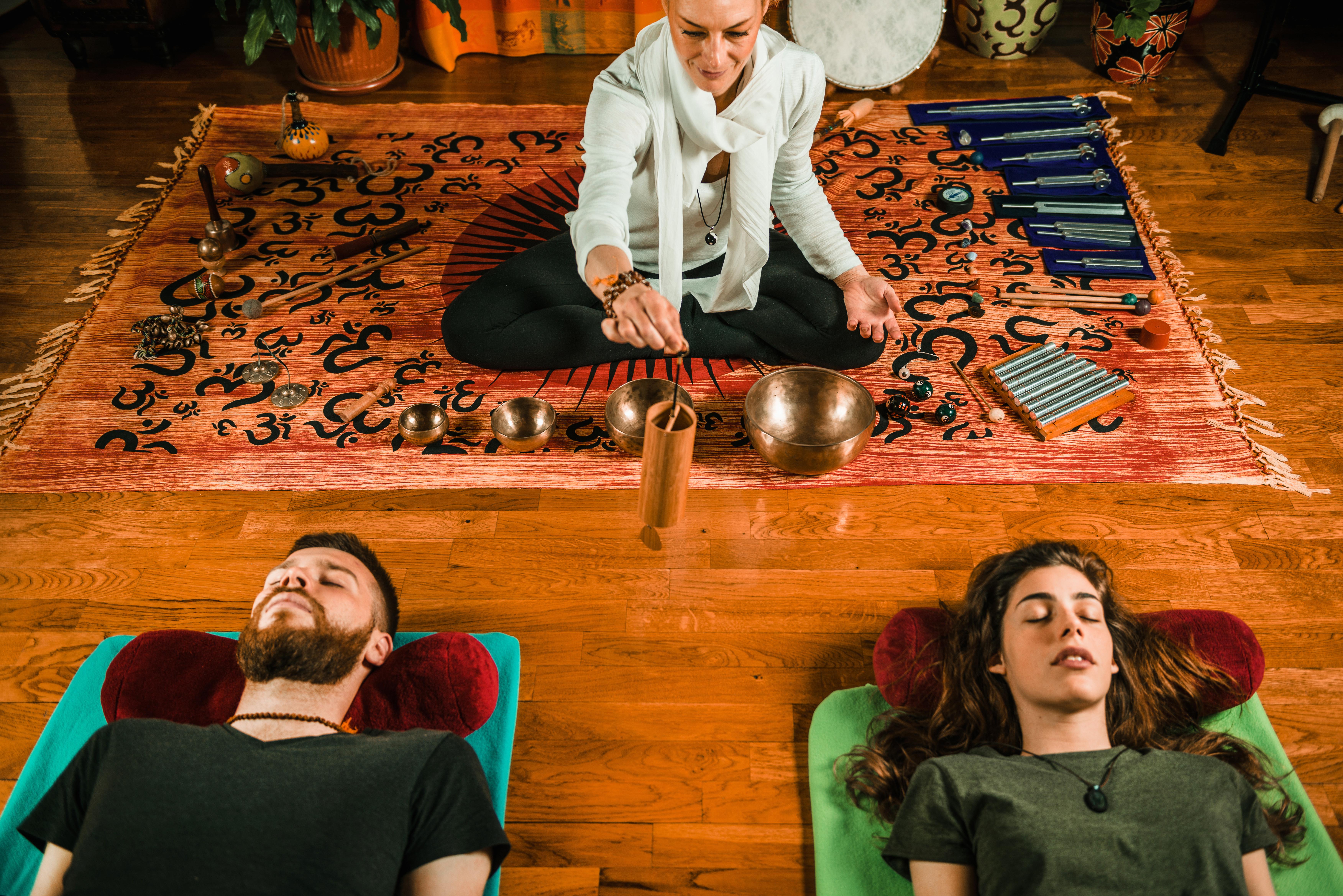6 science-backed facial exercises that really do make you look younger

Get out of the away, expensive facial creams and treatments. A 2018 study from Northwestern University published in the journal JAMA Dermatology outlines the results of the first clinical trial to show that facial exercises really make you look younger. Over the course of 20 weeks, participants who took part in the study reduced their visible age by almost 3 years.
There are several factors that contribute to facial aging — skin laxity, superficial photo damage and a deeper substructural volume loss of fat and muscle. It is actually the fat pads underneath the skin that give the face its shape. As they become thinner with time, they can no longer provide structural support and cause the face to “fall down.” Facial exercises claim to address this problem by enlarging the facial muscles which can then provide more stuffing and make the face look fuller. The clinical trial from Northwestern has finally given some credibility to these claims.
The study was conducted with 16 middle-aged women (aged 40 to 65) who performed a facial exercise program at home over the course of 20 weeks. For the first eight weeks, they did the exercises daily for 30 minutes. From nine to 20 weeks, they did the same exercises every other day for 30 minutes a session.
The facial program consisted of 32 exercises and was designed by Gary Sikorski, founder of Happy Face Yoga and one of the authors of the study.
The outcome of the intervention was assessed by two blinded dermatologists who saw standardized photographs from weeks one, eight and twenty. The dermatologists rated the subjects using a standardized facial aging scale (Merz-Carruthers Facial Aging Photoscales) which looks at 19 facial features.
The exercise program resulted in significantly enhanced upper cheek and lower cheek fullness. The raters estimated that the average patient age started at 50.8 years, dropped to 49.6 years at eight weeks and then to 48.1 years at 20 weeks. The participants themselves reported being highly satisfied with the results and noticed improvement on nearly all the facial areas that were rated.
Dr. Murad Alam vice chair and professor of dermatology at Northwestern University Feinberg School of Medicine and a Northwestern Medicine dermatologist said:
Now there is some evidence that facial exercises may improve facial appearance and reduce some visible signs of aging. Assuming the findings are confirmed in a larger study, individuals now have a low-cost, non-toxic way for looking younger or to augment other cosmetic or anti-aging treatments they may be seeking.
6 “face yoga” exercises you can practice
Here is how to do some of the exercises featured in the study:
Scooping – Jaw and Neck Firmer
The Temple Developer
The Upper Eyelid Firmer
Edit: some of the links from the original JAMA study are no longer active and have been removed.




